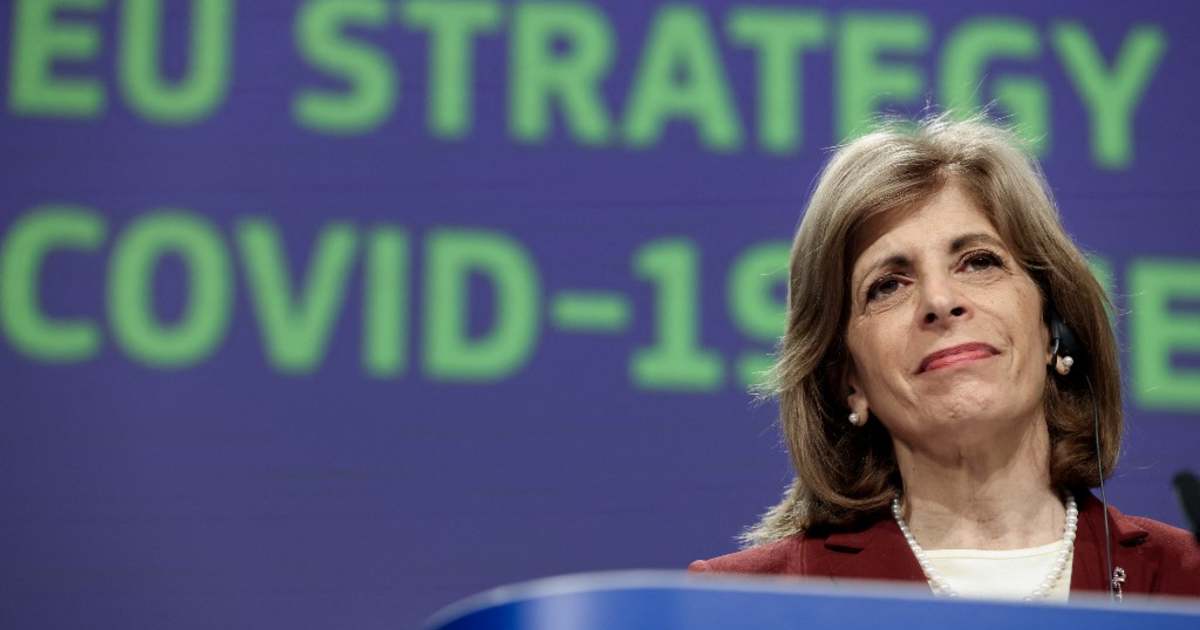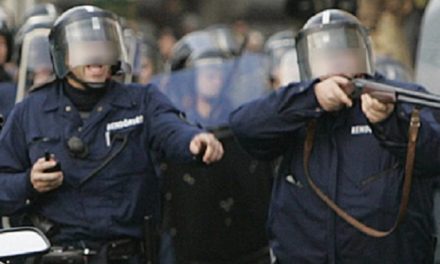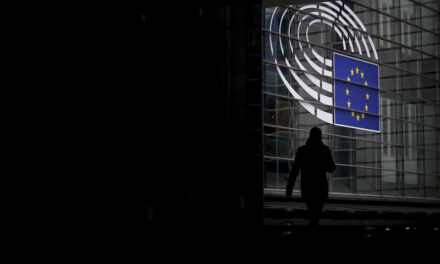The self-proclaimed defenders of the rule of law, transparency and democracy are silent, according to Lórán Sümeghi, senior analyst of the Századvég Foundation.
The Cypriot commissioner Stella Kyriakídis survived the spring corruption scandal politically unscathed. According to the leading analyst of the Századvég Foundation, this is once again proof of Brussels' double standards. The corruption case of Stzella Kiriakídisz, the EU commissioner responsible for health and food safety, who was only known in the public discourse as a "vaccine commissioner", practically disappeared without a trace - Lóránt Sümeghi, senior analyst of the Századvég Foundation, pointed out in his Friday article published on the Kontra.hu portal.
He recalled that the Cypriot commissioner "like the EU bureaucrats, also promised the leaders of the member states with grandiose visions" in vaccine procurement, but "it soon became clear that the EU vaccine strategy does not count on any of the Eastern vaccines that are available in large quantities and are relatively cheaper, instead , concluded contracts that seem like forced agreements with Western pharmaceutical manufacturers who were not willing to specify the quantity to be delivered, nor the deadline".
As our newspaper reported in the spring, according to the Greek and Cypriot press, four million euros, i.e. one billion forints, appeared in the joint account of the EU official with her husband. At the beginning of April, the oldest political magazine program of the German public media, Panorama, also reported on the report of the Cyprus State Audit Office, which shed light on the suspicious loan of four million. Due to the failure of the joint EU vaccine procurement, the German press has been harshly criticizing the Cypriot commissioner for months.
In Panorama, it was also raised whether Kiriakidis' husband took advantage of his wife's position. By the way, according to the commissioner's asset declaration, Kiriakídisz's husband holds various senior positions in nine different companies. In the same month, Sven Giegold, a member of the German Green Party European Parliament, submitted a question to the European Commission regarding Kiriakidis's financial interests.
In his current article, Sümeghi recalled, "the auditor's office also investigated the transaction itself, which it characterized as a reversal, because its legal title was listed as a loan, despite the fact that, according to their asset declaration, neither the vaccine commissioner Stella Kiriakidis nor her husband had capital guarantees of such a large amount. in the case of a loan scheme, they would be required by the creditor".
The scandal died down not long after, even though - Sümeghi pointed out - the public could rightly assume that the four-million benefit, the blocking of vaccine imports from the East, and Kiriakídis' seemingly incomprehensible support for Western pharmaceutical manufacturers were connected. The analyst found it strange that the position of the EU "vaccine commissioner" in Brussels, apparently bribed by Western pharmaceutical companies to maintain their market advantage, was not shaken for a single moment, and what's more, neither she nor her husband were subjected to any official wealth investigation.
"In the past of Kiriakídisz's health-related practice, financial supporters such as Pfizer, AstraZeneca, and Johnson and Johnson, which are the most important players in the Western vaccine market, have repeatedly appeared," he recalled. "As in connection with many suspicious cases in the past, in connection with the current scandal, it is probably no coincidence that the citizens of Europe feel that something in Brussels has once again been forcibly swept away, covered up, and silenced. The only question is why the self-proclaimed defenders of the rule of law, transparency, and democracy, the major Western newspapers, weeklies, and internet news portals, are not vocal at this time," he raised.
Source and image: magyarhirlap.hu













